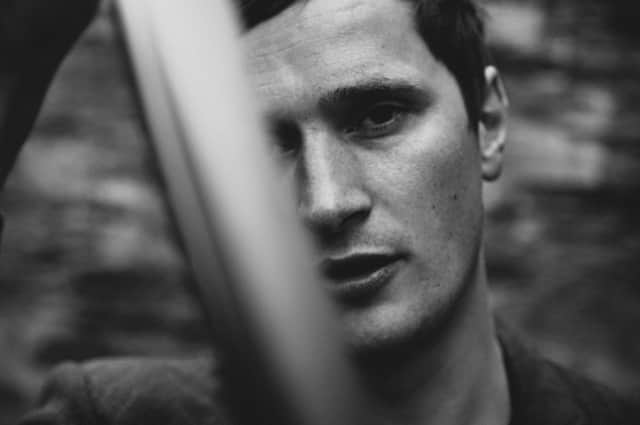Concert review: The Wind + live score by Erland Cooper featuring the Chorus of Opera North, Howard Assembly Room, Leeds


This sets him in good stead to write the score for the 1928 silent film The Wind in the latest commission in Opera North’s FILMusic series.
Regarded as one of the greatest silent movies of all time, the psychological drama follows an impoverished young woman (played by Lillian Gish) who’s pushed beyond her limits after being cast out of her sheltered Virginian home into the dust bowl of the Texan prairie and the unrelenting northerly wind.
Advertisement
Hide AdAdvertisement
Hide AdDirector Victor Sjöström famously used aero engines to whip up sandstorms when filming on location in the Mojave Desert. Cooper pays homage to this with a large fan to create the intense, incessant sound of wind. Amplified at times by him blowing directly into a 60s style mic, this manipulated sound design pulses and rumbles throughout the entire film.
The sonic backdrop, some of which is played on reel-to-reel tape, worms its way into the audience’s head much like the ever-present wind that sends the film’s heroine insane. The moments of heightened terror and drama are accompanied by two woodwind instruments and the 18 women of the Chorus of Opera North, who chant and hum more than they verbalise.
The technique works in sympathy with the most elemental scenes, when the dust howls across the open plains and piles around the wooden cabin in which Gish’s character cowers in fear. It’s much less effective at capturing the character-driven drama of the film, which include male brutality and jealousy as well as moments of slapstick humour.
Cooper has spoken about creating a ‘tone poem score’ yet in doing so there’s a striking mismatch between his soundscape and the emotional richness of key scenes. There’s a similar musical tone regardless of whether he’s sound tracking a joyful party or a scene in which Gish’s character is raped, with the on-screen facial expressions often being at odds with the lulling vocalisations.
Advertisement
Hide AdAdvertisement
Hide AdHis ambitious approach and obvious commitment during the performance, which sees him conducting and bopping behind the decks like a DJ, should be applauded. Despite this, it’s the film’s original power rather than the score that frequently carries its emotional weight.
Comment Guidelines
National World encourages reader discussion on our stories. User feedback, insights and back-and-forth exchanges add a rich layer of context to reporting. Please review our Community Guidelines before commenting.